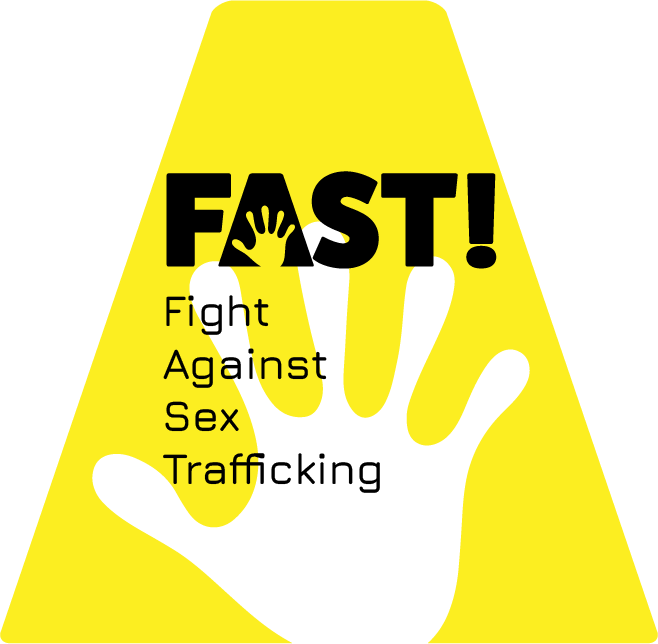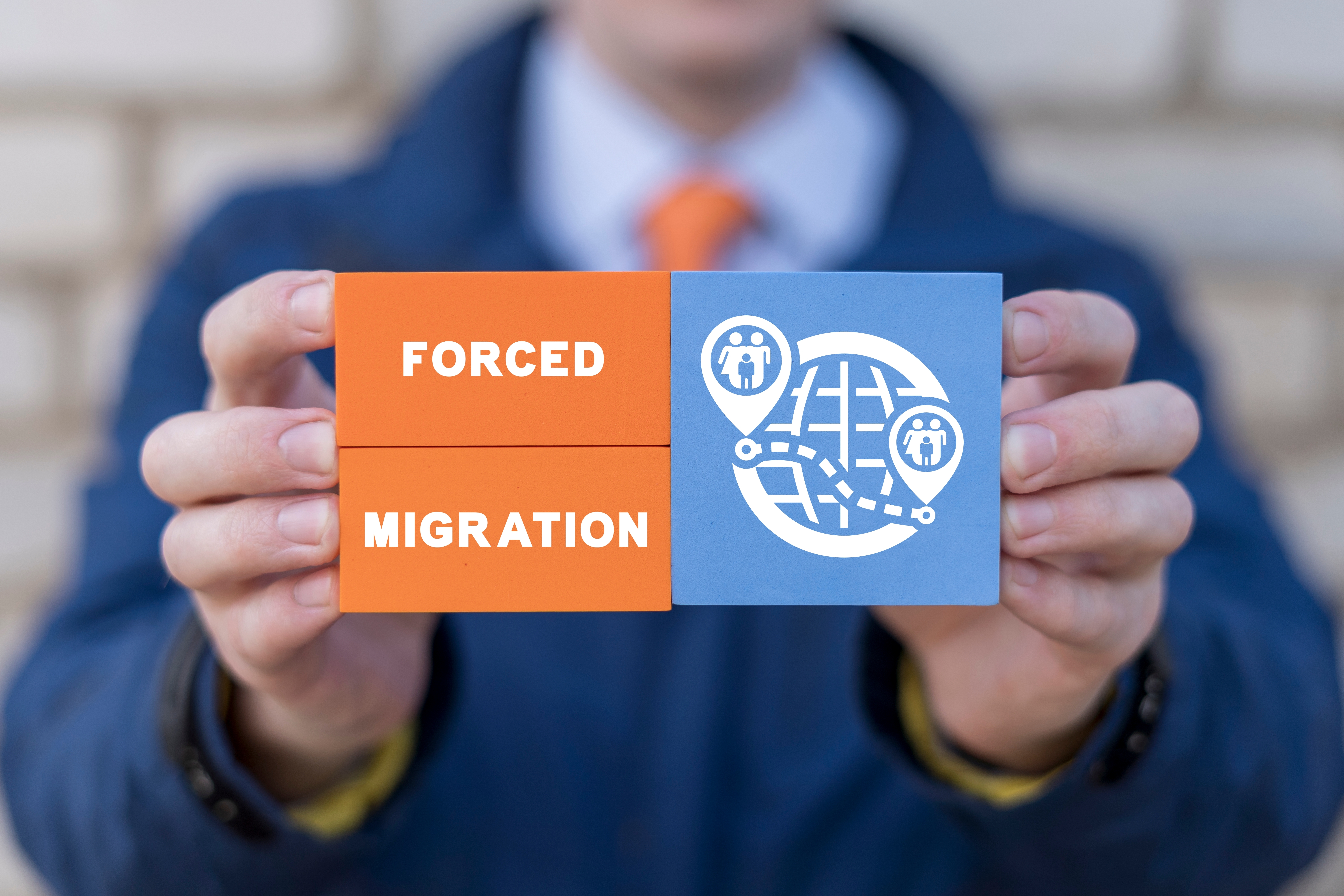Southeast Asia: How to combat a human trafficking crisis. A humanitarian crisis has developed in the Southeast Asian Mekong region due to the growth of online fraud companies and illegal casinos.
These compounds are often located in remote areas with limited access. This is making it difficult for law enforcement agencies to intervene and rescue the victims. The traffickers subject their captives to various forms of abuse, exploitation, and forced labor.
The situation has escalated to a point where it has become an immense humanitarian crisis. The growth of online fraud companies and illegal casinos in the Southeast Asian Mekong region has exacerbated the problem. Their ever-changing nature poses a significant challenge. This is despite efforts to crack down on criminal gangs involved in human trafficking and scamming activities.
Southeast Asia: How to combat a human trafficking crisis
Recent events in Myanmar’s Shwe Kokko, known as the epicenter of human trafficking, highlight the gravity of the situation. There were raids on casinos in the area that resulted in violent clashes between ethnic rebel groups and the military. This forced thousands of people to flee to neighboring Thailand. The lack of effective law enforcement in conflict zones like Myanmar has allowed criminals to establish new slave compounds. There, victims are held against their will, subjected to abuse, and even killed.
The crisis is not confined to Southeast Asia alone. Traffickers have expanded their operations to target citizens outside the region, amplifying the urgency for action. Civil society groups and rescuers are calling for immediate measures to identify and combat these crimes, as the scale of the crisis continues to unfold. With Cambodia emerging as a major destination for human trafficking, it is evident that traffickers, often connected to organized criminal networks, are exploiting online scams to trap vulnerable individuals with false promises of employment and accommodation.
Read full article here: dw.com



